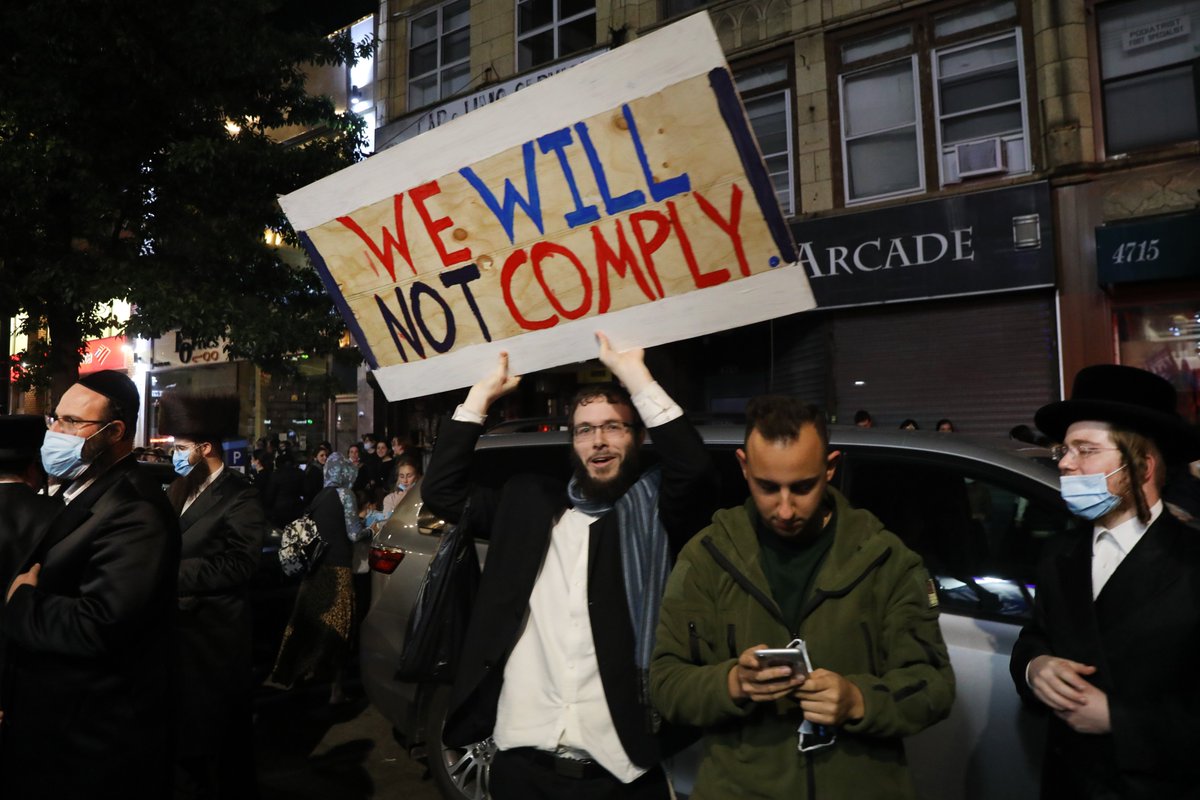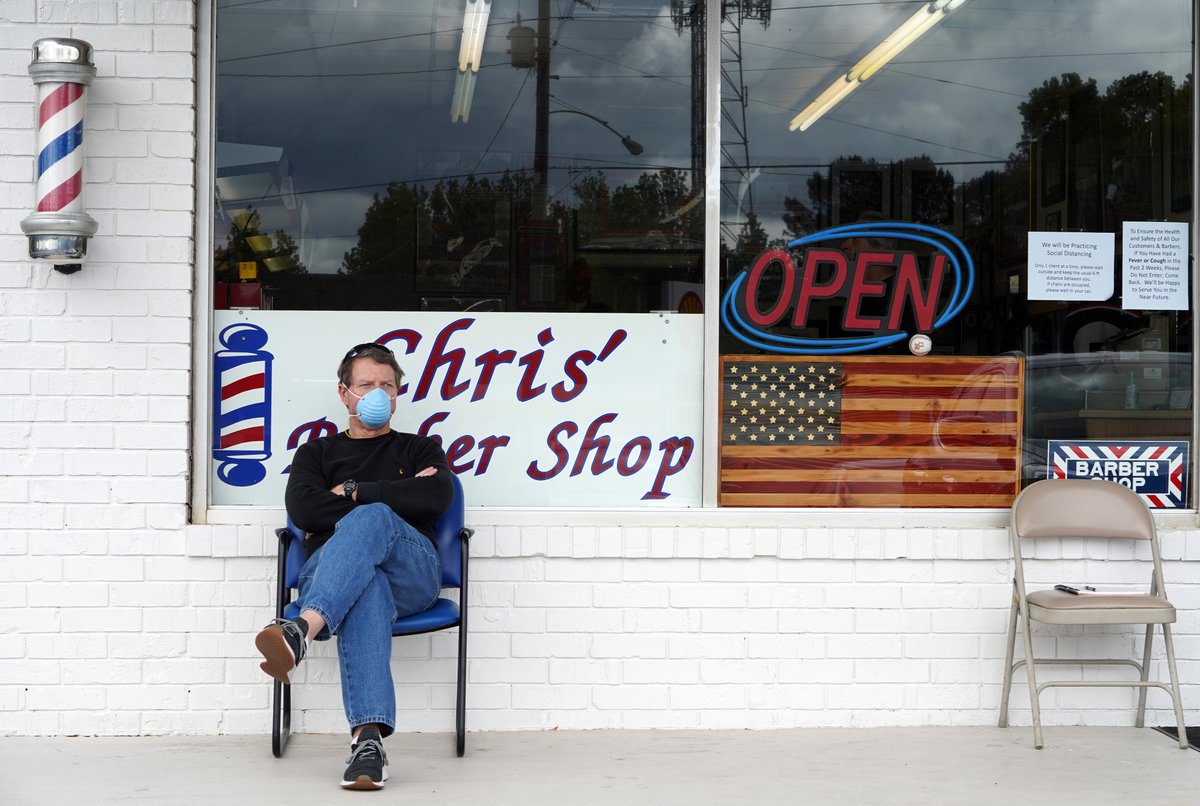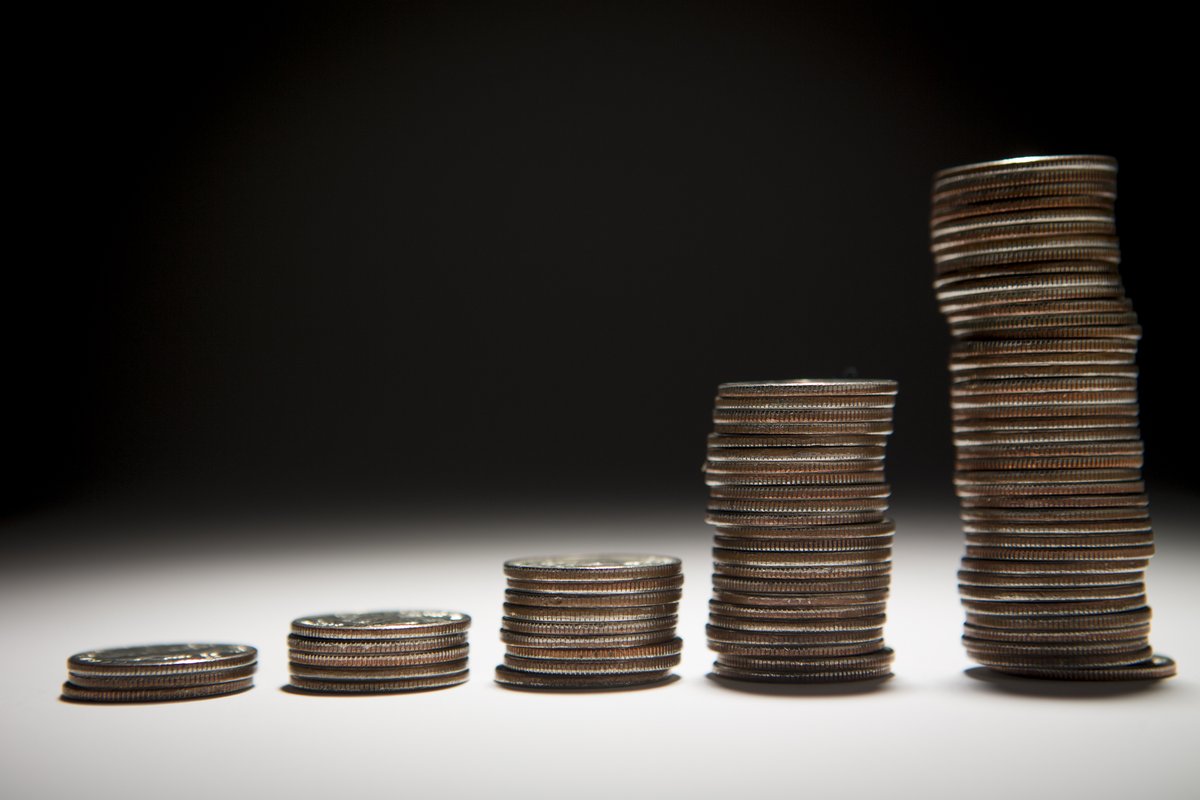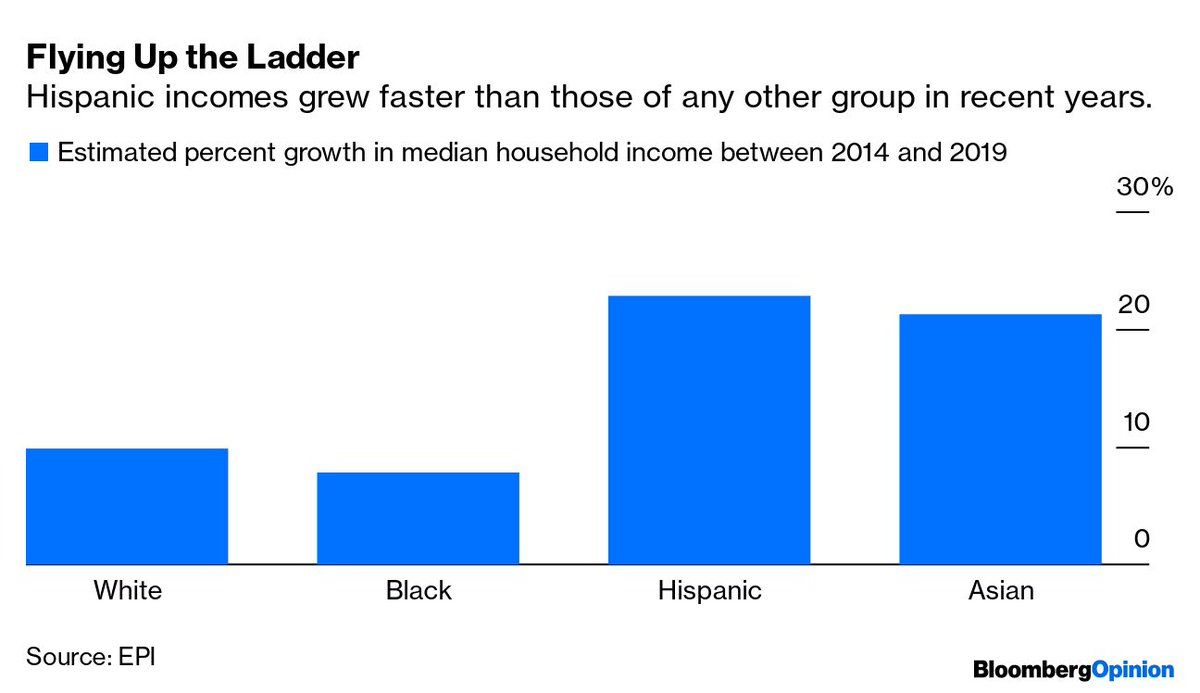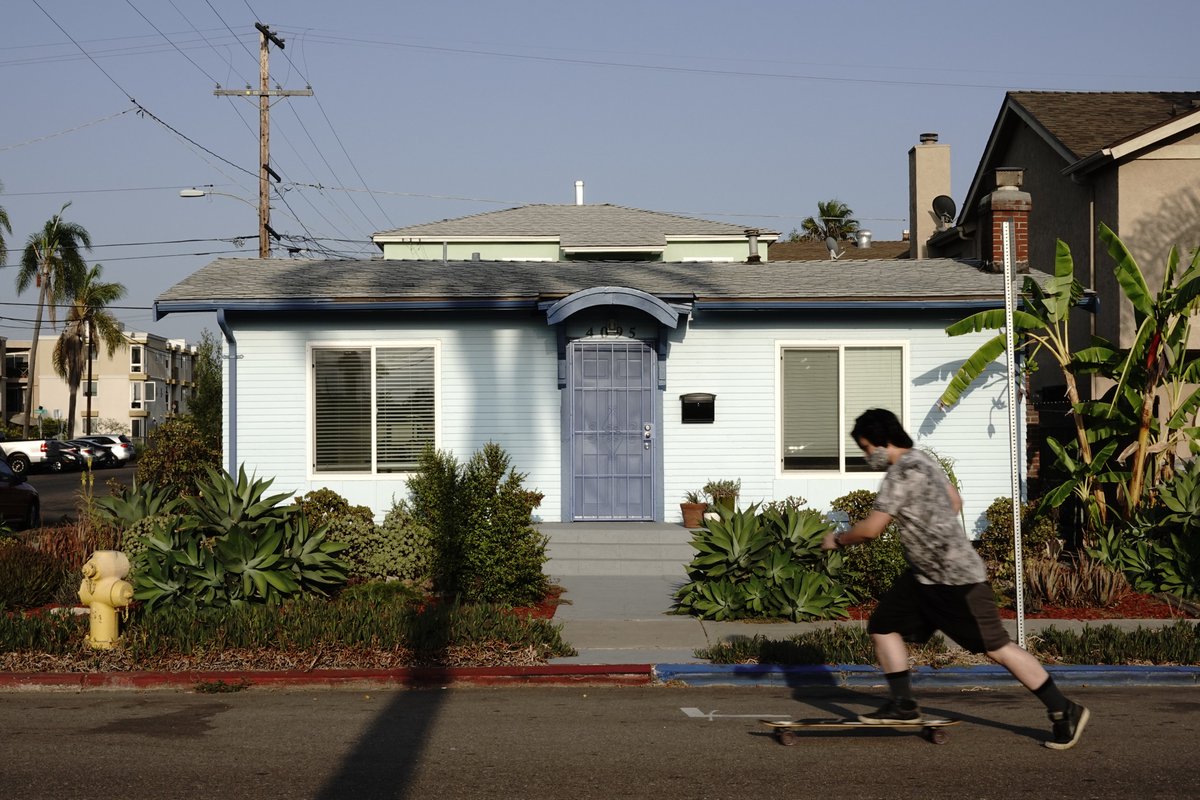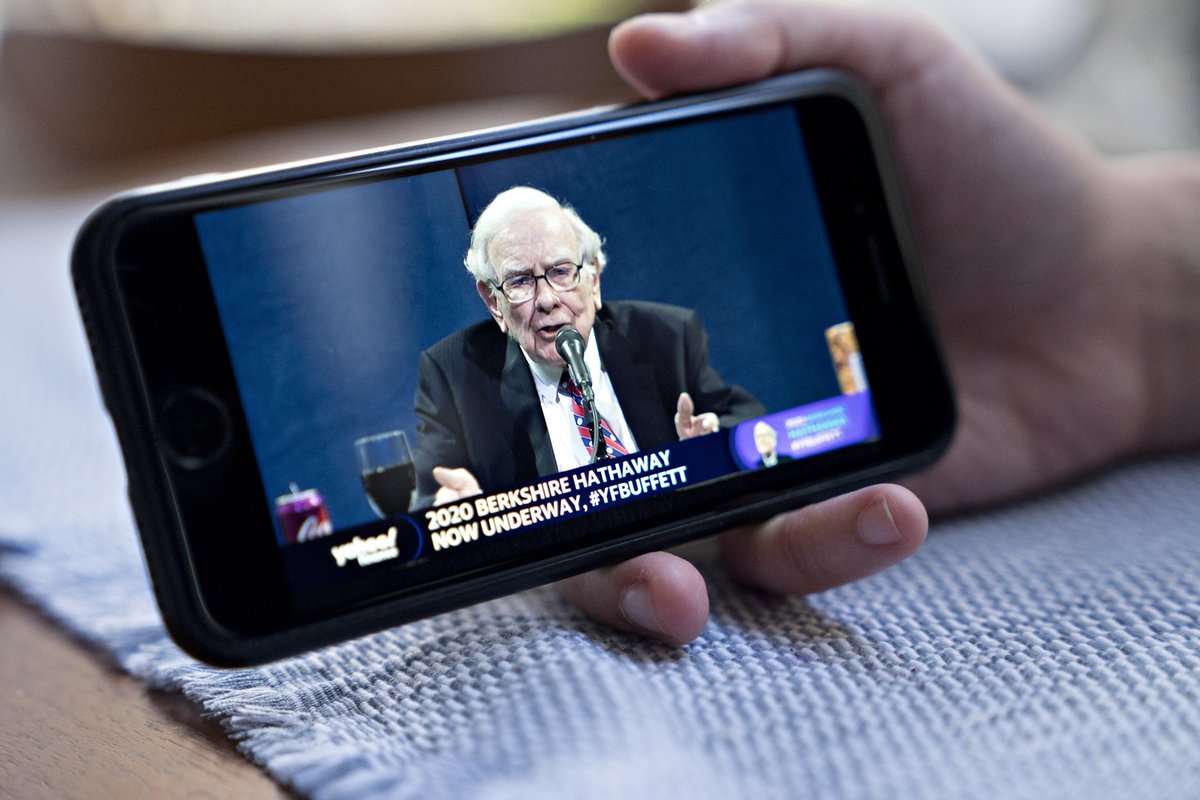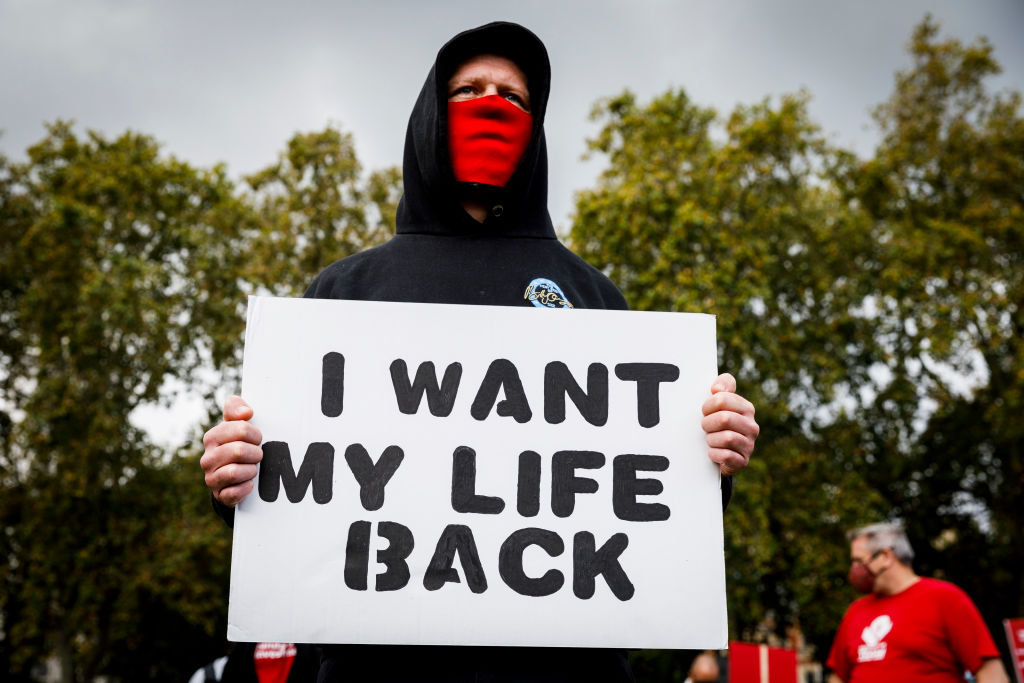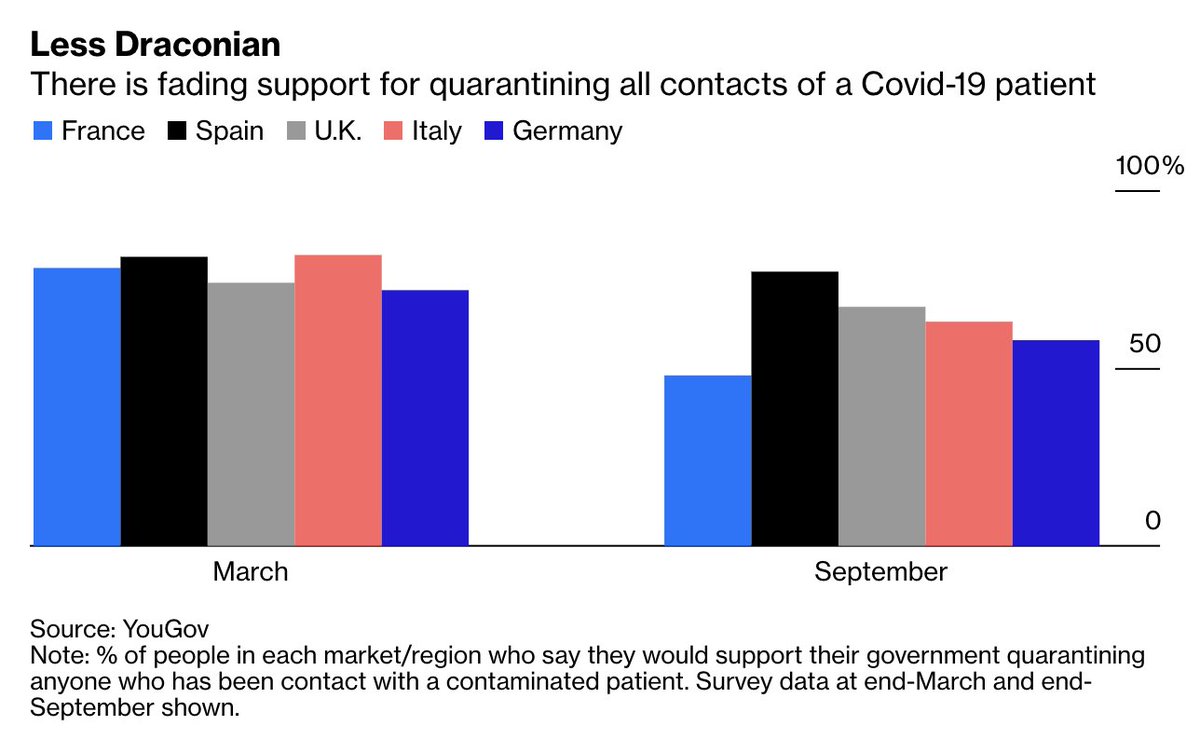
Just as past outbreaks taught Asia hard truths about how to deal with pandemics, lessons from Covid are abundant in the West:
🇮🇹Italy ramped up ICU capacity
🇫🇷France is paying health workers more
🇪🇸Spain is building a pandemic hospital trib.al/fWLWUB6
🇮🇹Italy ramped up ICU capacity
🇫🇷France is paying health workers more
🇪🇸Spain is building a pandemic hospital trib.al/fWLWUB6
Thanks to these innovations, national lockdowns are being portrayed as a one-off.
Yet as cases surge again in Europe, strains on critical-care resources are leading to economic shutdowns on local and regional levels trib.al/fWLWUB6
Yet as cases surge again in Europe, strains on critical-care resources are leading to economic shutdowns on local and regional levels trib.al/fWLWUB6

Covid-19 patients fill more than a third of intensive-care beds in the Paris region. It’s a similar story in Madrid.
Blunt measures — the closure of bars, gyms and other businesses — are being rolled out to slow case growth and hospital admissions trib.al/fWLWUB6
Blunt measures — the closure of bars, gyms and other businesses — are being rolled out to slow case growth and hospital admissions trib.al/fWLWUB6

Even though the hospitalization rate is lower than in the first wave, governments feel they should act now. In France, 11,000 Covid patients could be in the ICU by November. That’s:
A) Above the country’s maximum capacity
B) Higher than the peak in April trib.al/fWLWUB6
A) Above the country’s maximum capacity
B) Higher than the peak in April trib.al/fWLWUB6

There’s frustration that so much focus is being put on shutting down bars as opposed to expanding hospital capacity.
According to one ER doctor in Paris, if France had doubled bed capacity to 12,000 by now, the Covid occupancy rate would be around 10% trib.al/fWLWUB6
According to one ER doctor in Paris, if France had doubled bed capacity to 12,000 by now, the Covid occupancy rate would be around 10% trib.al/fWLWUB6

Are we shutting businesses when we should be building more beds?
The question is more complex than it seems. The daily cost of one intensive-care bed can be anything from around 2,000 euros ($2,347) to more than double that trib.al/fWLWUB6
The question is more complex than it seems. The daily cost of one intensive-care bed can be anything from around 2,000 euros ($2,347) to more than double that trib.al/fWLWUB6

Policy makers face a paradox where more supply of a service can increase demand rather than reduce it.
Building more beds without getting a grip on the pace of new infections would only serve to fill them up while doing nothing to tackle the core problem trib.al/fWLWUB6
Building more beds without getting a grip on the pace of new infections would only serve to fill them up while doing nothing to tackle the core problem trib.al/fWLWUB6
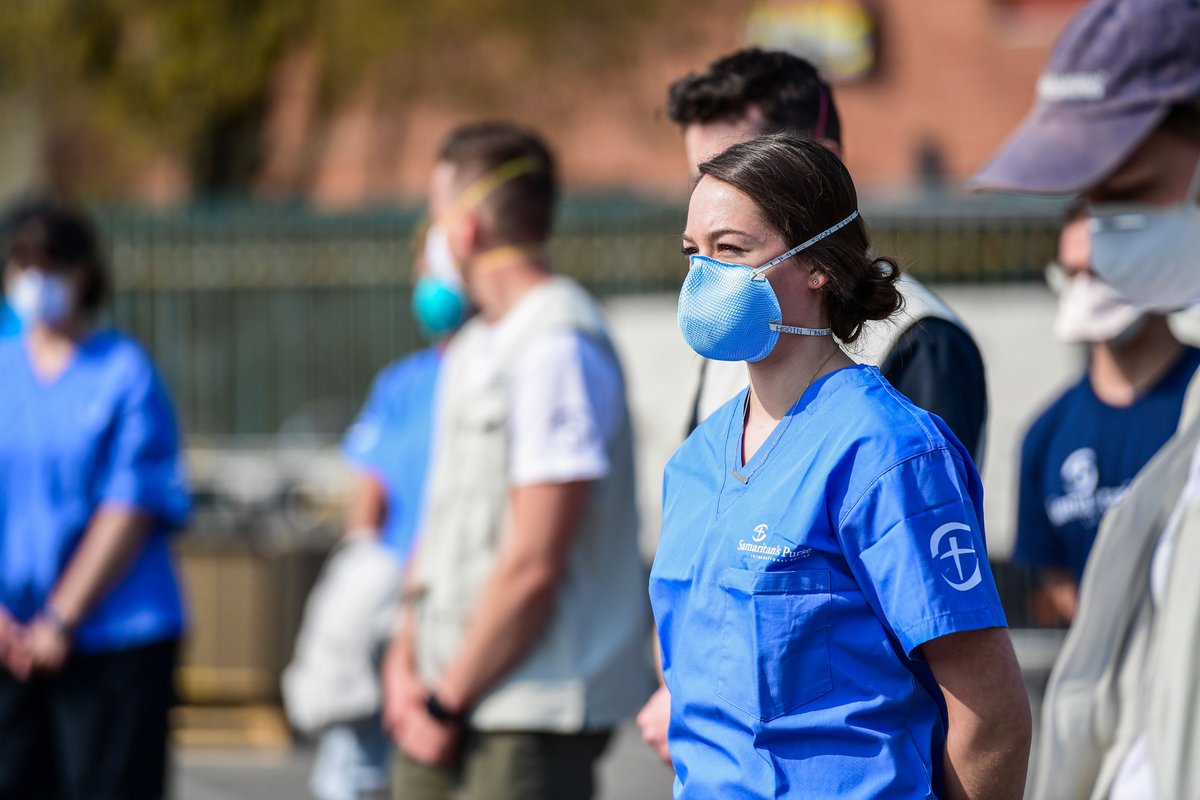
One answer could be to better hospital allocation.
During Covid-19’s first wave, France used special trains to ship patients around the country, and even across the border to Germany and Luxembourg. Cross-border cooperation makes even more sense now trib.al/fWLWUB6
During Covid-19’s first wave, France used special trains to ship patients around the country, and even across the border to Germany and Luxembourg. Cross-border cooperation makes even more sense now trib.al/fWLWUB6

Reorganizing hospitals is another option. South Korea used its playbook from the 2015 MERS outbreak:
Divided patients based on severity and bed availability
Used community facilities to house patients
Created an app for patients to report symptom changes trib.al/fWLWUB6
Divided patients based on severity and bed availability
Used community facilities to house patients
Created an app for patients to report symptom changes trib.al/fWLWUB6

This would require rethinking how resources are used.
It’s also not a substitute for preventative measures. Test-and-trace systems have approached the brink of collapse in many countries — they could also do with European common standards and technology trib.al/fWLWUB6
It’s also not a substitute for preventative measures. Test-and-trace systems have approached the brink of collapse in many countries — they could also do with European common standards and technology trib.al/fWLWUB6

Still, if ever there was a time to view health care as a benefit to society and the economy, rather than a drag on public finances, it’s now.
If we want to learn to live with the virus, we should think about hospital beds, not just bars trib.al/fWLWUB6
If we want to learn to live with the virus, we should think about hospital beds, not just bars trib.al/fWLWUB6

• • •
Missing some Tweet in this thread? You can try to
force a refresh

